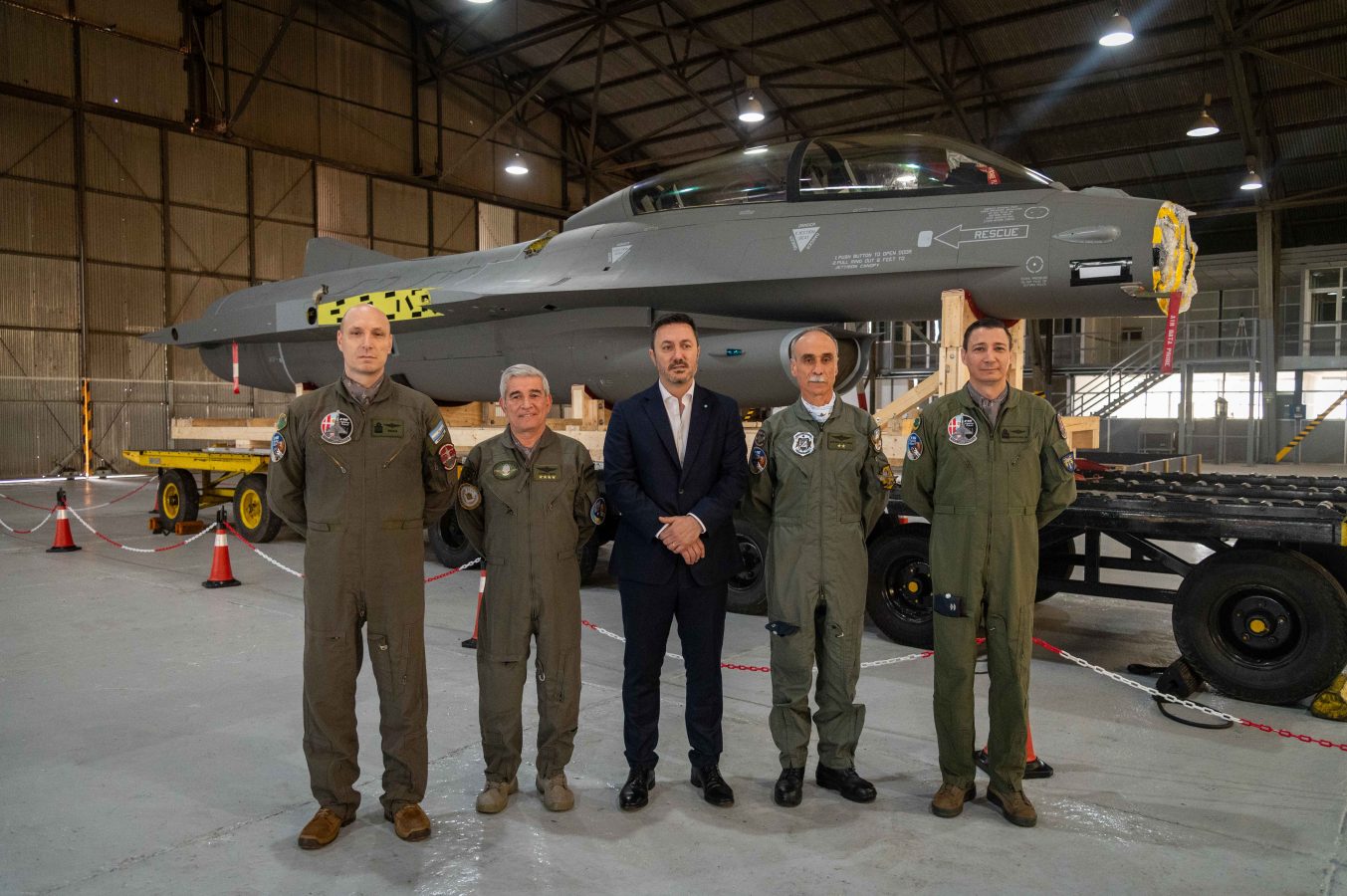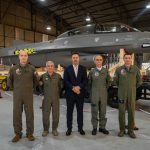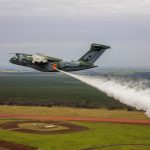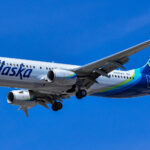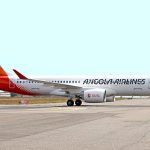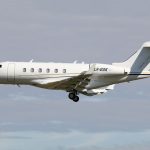The Argentine Air Force has officially incorporated the F-16 Fighting Falcon into its fleet, marking the formal beginning of its interception capability recovery and the replacement of the Dassault Mirage, which were decommissioned after more than 40 years of service.
The F-16 system, acquired from Denmark, includes single-seat and dual-seat aircraft, weaponry, support equipment, and a comprehensive maintenance program with spare parts guaranteed for five years. Additionally, the agreement provides for pilot and technician training to ensure the operational readiness of the fleet.
The first aircraft to arrive, an F-16B MLU Block 10, is a dual-seat training model that will be used to prepare pilots and technical personnel for operational missions. This delivery is part of a broader strategy to enhance the Argentine Air Force’s operational capacity through advanced technology and improved training programs.
Infrastructure development and training
To support the integration of the F-16s, the VI Air Brigade in Tandil has undergone significant upgrades. New facilities, including a Tactical Simulator and an Instruction Center, are under construction to provide cutting-edge training to personnel. These facilities will play a key role in ensuring the long-term operability of the aircraft.
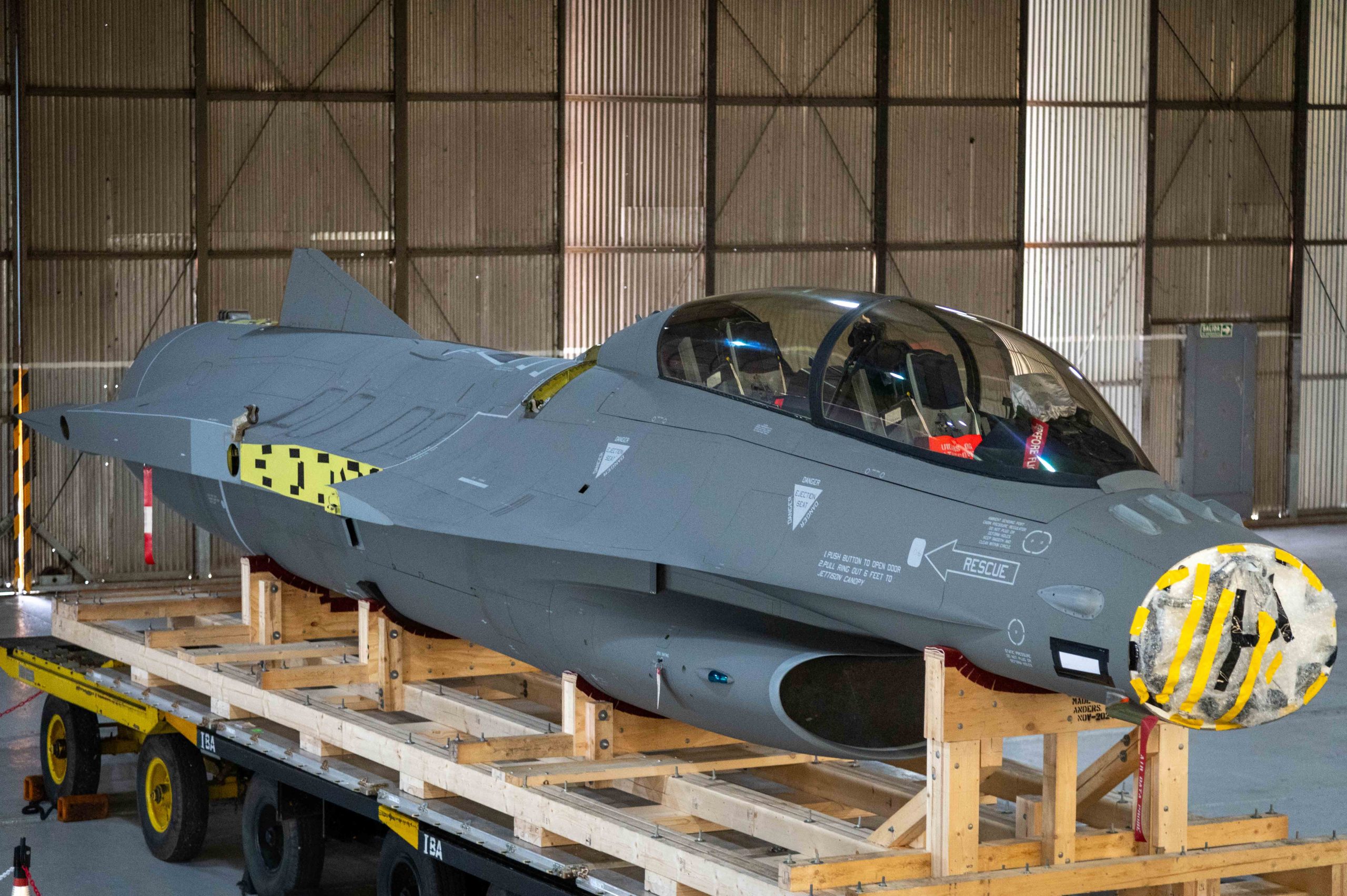
The aircraft arriving in Argentina have undergone rigorous inspections and refurbishments at the Aalborg airbase in Denmark before being transported on C-130 Hercules flights.
Defense Minister Luis Petri visited the VI Air Brigade in Tandil, where he stated that this is “the most significant purchase since the return of democracy,” explaining that “during the first 20 years after the return of democracy, there was underfunding of the Armed Forces, and in particular, the last 20 years added mistreatment and persecution.”

Petri continued: “The Armed Forces need to recover considering the new challenges facing the Argentine Republic, which must protect its borders, guard its exclusive economic zone, address terrorist threats, counter cyberattacks, and control its airspace.” The minister added that to achieve these goals, “it is necessary to adapt resources and ensure that equipment is oriented towards the new conflict hypotheses.”
“For 40 years, the Armed Forces have not made a purchase of this magnitude, and this speaks to the commitment we and the President have to having Armed Forces that are prepared and trained for the new challenges,” he concluded.

